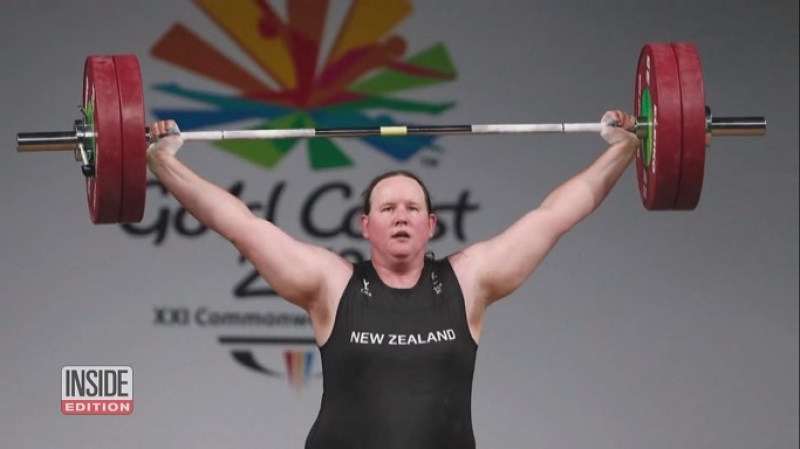
Laurel Hubbard, a 43 year old transgender from New Zealand who for eight years has identified and lived as a woman despite being a biological man, recently made history as the first trans-identifying individual to compete in the Olympic Games. However, Hubbard, who competed in the women's weightlifting category, failed all three attempts of lifting in the 87+ kilogram competition and failed to bring home any medals.
But Hubbard says that making history as the first openly transgender woman athlete to compete in the Olympic Games is something he wishes he did not have to carry. The athlete said, "I am reluctant to take it because I don't think it should be historical."
"I think that as we move into sort of a new and more understanding world, people are starting to realize that people like me are just people," Hubbard told USA Today. "We are human, and as such I hope that just by being here that's enough."
Hubbard's participation in this year's Olympic Games was frought with controversy amidst a movement in the U.S. to ban transgender athletes from school sports. In several states, laws have been passed in the name of protecting women's rights. The International Olympic Committee, which was the approving body that allowed Hubbard to participate in the women's category, was also criticized by numerous organizations fighting under the banner of women's rights.
Hubbard thanked the IOC for being "extraordinarily supportive" and for "[reaffirming] the principles of the Olympics that sport is something that all people around the world can do, that it is inclusive and successful," the Christian Post reported. But not all people are happy with the transgender athlete being allowed to compete in the women's category.
Kereyn Smith, CEO of the New Zealand Olympic Committee said previously that "gender identity in sport is a highly sensitive and complex issue requiring a balance between human rights and fairness on the field of play."
Elsewhere, weightlifter and Save Women's Sports founder Beth Stelzer denounced the IOC's decision to allow Hubbard to compete in the women's category at the Olympic Games, saying it was "shameful" and "a mockery of the sport."
"We cannot change our sex. A male cannot become a female by lowering their testosterone. Women are not a hormone level," Stelzer told CP in an email in June. "Identities do not play sports; bodies play sports. The rights of females should not end where the feelings of a few males begin."
The IOC decided in 2015 to allow biological males to compete as women in the Olympic Games as long as their testosterone levels were below 10 nanomoles per liter for 12 months. But IOC's medical and science director Dr. Richard Budgett told The Guardian last week that the 2015 guidelines were not guided by science after they found that women and men's testosterone levels can go higher or lower.
Dr. Budgett admited, "Agreeing on another number is almost impossible and possibly irrelevant. You can debate that endlessly."






















